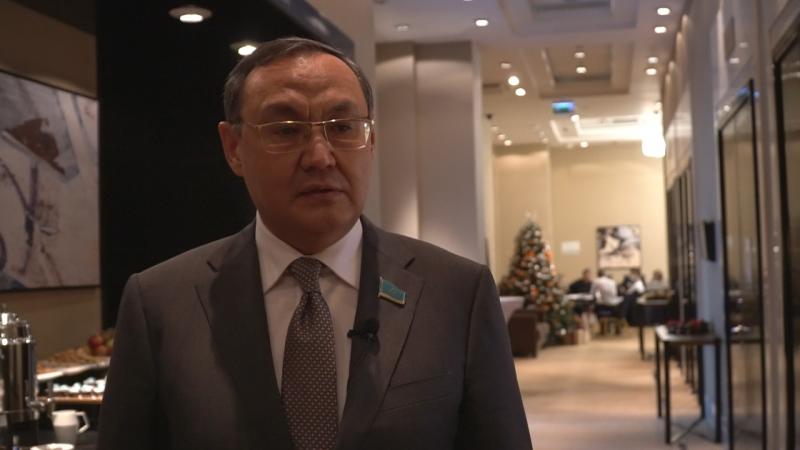
Experts in Kazakhstan are not the only ones concerned with the issue of effectiveness of the mechanism for subsidizing the agroindustrial complex. German experts made their own analysis of the development of agricultural sector and efficiency of subsidizing in Russia, Ukraine, Kazakhstan and Germany. Exclusive data was presented at the round table "Agrarian subsidizing in RK: status quo and recommendations on improvement of subsidizing system. International experience", reports World of NAN.
Deputy of the Senate Akhylbek Kurishbayev spoke about how the subsidizing system should work. The senator recalled that under the WTO membership, Kazakhstan has the right to subsidize the industry at 8.5% of gross agricultural output. Now the actual support of agriculture is about 4-5%, while in the EEU partner countries the level of subsidies is higher. In neighboring Belarus it is 8.1%, in Russia - 6.3%.
"Undoubtedly, this reduces the competitiveness of domestic goods. And the mechanism of subsidizing in the country leaves much to be desired," says A. Kurishbayev. And he cited staggering figures, definitively confirming the ineffectiveness of the current system of subsidizing.
According to the speaker, in 2003, the year the five-year program to develop the rural areas was launched, the volume of state subsidies was 3.5 billion tenge. That time agricultural producers produced goods worth 186 tenge per 1 tenge of subsidies. Already by 2020, state support has increased 86 times, amounting this year to 303 billion tenge, including the local budget. And now agrarians produce goods for only 17 tenge per 1 tenge of subsidies! The efficiency has dropped by 11 times. Moreover, previously there were only 15 types of subsidies, and now the figure has risen to 51. Financing grows, list of state support expands, and efficiency decreases. Such an inexplicable paradox.
However, according to A.Kurishbayev, with careful analysis the reasons for such ineffective work can be found. The most important of them is the focus of many types of support not on the final result, but on the implementation of intermediate technological processes. When the Ministry of Agriculture subsidizes all the intermediate stages, at the same time there is no responsibility of recipients of subsidies, because the rules of subsidizing are not clear indicators of performance. The senator also spoke of the great corruption risks due to the complexity of administrative programs.
The senator believes that the main criterion for obtaining subsidies should be the final result of the work. Namely - the volume of sold products of own production.
"Such an indicator is difficult to falsify and easy to control. At the same time, we propose to improve the mechanism of investment subsidies, making the main emphasis on long-term and low-cost loans," Kurishbayev said.
While we in the country can't establish a transparent subsidy mechanism, billions remain in other people's pockets, support to European farmers is growing. Dieter Hertz, a representative of the German Ministry of Agriculture, shared his views on it.
In his speech he stressed that European Union stands for the increase of competitiveness and food security while creating conditions for the agricultural producers and development of the rural areas. The European Union solves the problem of stimulating the farmers through the new agricultural policy. According to the speaker, from 2021 to 2027, the EU will allocate 387 billion dollars to the member states. That's 30% of the EU budget. Of the 387bn over seven years, 270bn will be allocated as direct payments, 22bn for market measures and 95.5bn will be spent on development of rural areas, fighting climate change. As reciprocal obligations, farmers will be responsible for soil and water management.
Germany will present its strategic development plan on January 1, 2022. The country is to receive 44 billion euros in support from the EU from 2022 to 2027. Of the 3.6 billion euros for the year, 150 million euros will go to market measures, more than 1 billion for the development of agriculture. At the same time, Germany intends to increase support for farmers and rural development from 8% to 15% by 2026. 3% of the total funding will be allocated to support only young farmers, which, unfortunately, does not exist in Kazakhstan, despite the huge annual budget of subsidies. 12% of direct payments will be used to stimulate small and medium-sized farmers, while the state support does not reach small and medium-sized Kazakh farmers at all.
Dirk Stratman, a member of the Working Group "Agribusiness" in Central Asia of the Eastern Committee of German Economy, who spoke at the roundtable, believes that the country is on the right track increasing investment subsidies for machinery assembled in Kazakhstan. However, according to the expert, the state should not limit the farmers, given that not all relevant units can be produced in our country. In addition, the development of agriculture needs not only equipment, but also innovative technology, which are offered by companies from Europe and the United States.
"Perhaps the possibility of local assembly of agricultural machinery with foreign companies should be considered, if it is financially feasible. At the same time we should not focus on traditional practices. This may be in demand now, but will not lead to success in the next 10 years. That is why we should focus on the new technologies and equipment offered by the world leading companies", the speaker noted.
Martin Petrik, professor of Günther Liebig University in Giessen, an international expert of APD, made an interesting report "The subsidizing system in Kazakhstan from the point of view of international experience". In his work, the expert made a comparative analysis of the development of the agribusiness in Russia, Kazakhstan and Ukraine since 2013. The analysis showed that productivity growth in Kazakhstan was ahead of Ukraine and Russia after 2013, but at great financial cost. Kazakhstan in all years increased subsidies to producers, respectively, received an increase in production. Russia, on the other hand, reduced subsidies without losing productivity growth. Ukraine, in its turn, eliminated the subsidies and, as a result, halted the growth of its agro-industrial complex. The expert explains this by the fact that it is not the level of subsidies that matters, but the type of subsidies and the way they are administered.
According to the analyst, Kazakhstan allocates more subsidies for raw materials, while Russia tries to exclude them and supports capital subsidies. At the same time, the government protects its markets from external conditions and this affects productivity. This once again shows that capital subsidies are more effective than other inputs, the expert says.
In recent years, Kazakhstan has improved its position on the development and maintenance of infrastructure, while Russia has relied on the generation of knowledge, reducing the amount of funding. However, the level of development of the agroindustrial complex of the countries is equally good. This is why the efficiency of our country's subsidy portfolio is questionable.
Dauren Oshakbayev, representative of the center of applied research Talap, also questioned the effectiveness of the subsidy system on the example of investment subsidies. In his opinion, all the problems and confusion in the system due to the lack of evaluation in the cycle of strategic management.
Saule Moldabayeva, Director of Department of Strategic Planning and Analysis of MA RK agreed with experts criticism and informed that for solution of above mentioned problems in subsidy system, the department established working group on increasing effectiveness of state support of AIC. Representatives of branch associations and unions, agribusiness, science, concerned state and local executive bodies, also deputies of Senate and Majilis of Parliament of Kazakhstan were included to this group.
By the way, the first meeting of the group was held today. Read more about it here.






































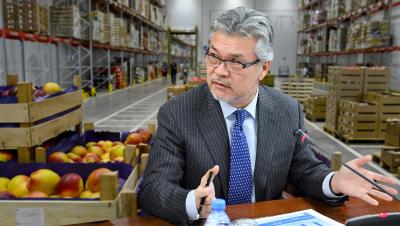
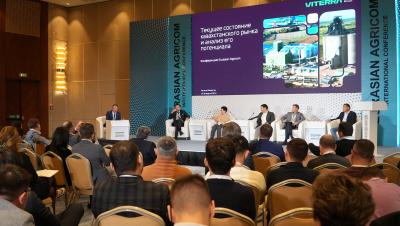
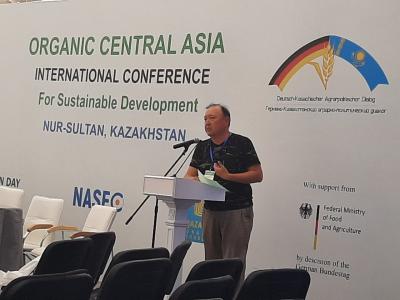
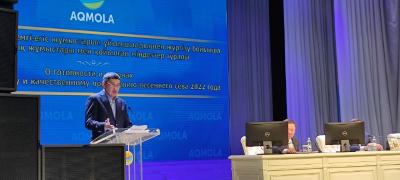
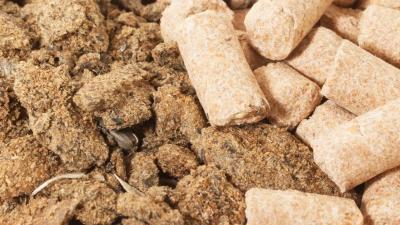

Обсуждение